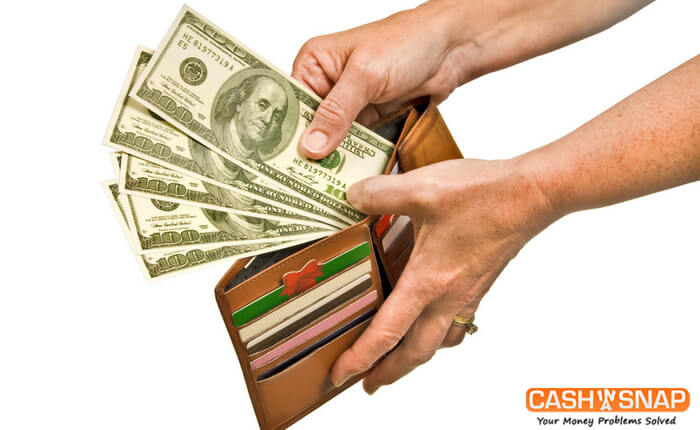A Short-term Payday loan default can lead to a bunch of bank overdraft fees, constant collection calls, damage to your credit scores, a day in court, and even garnishment of your paycheck. Don’t think it won’t happen because you only borrowed $250.00.

In most states, creditors have rights to go after your earnings, bank accounts, etc., if you fail to repay a loan. This is true of short-term installment and Emergency payday loans.
You do have options!-
Settle the debt for less than you owe A lender would rather collect money directly from you than sell your debt to an outside collections agency where they will likely get far less of the money owed to them. Debt collectors may pay just a few pennies on the dollar to buy your debt. If you can start by offering 50% of what you owe to settle the debt. Some lenders will even accept a short series of payments.
Do not commit to any payment amount or schedule without being sure you can meet the commitment. Otherwise, you are just creating a bigger mess than you already had. Always get any agreement in writing, and make sure the document states that your balance will be reduced to zero.
Tell the lender: “Look, I simply can’t pay the full amount and I’m considering bankruptcy.” -
File for bankruptcy if your debts are overwhelming Seek advice from a nonprofit credit counselor, bankruptcy attorney, or legal aid center about your options.
It’s not worth filing for bankruptcy over one small debt, but you may want to consider it if your unsecured debts — including payday loans, credit cards, and medical bills — total half or more of your income.
If the collection agency takes you to court, show up in court and ask them for proof that you owe the money, because often they show up without proof. A CFPB review of one lender’s lawsuits found that 70% were dismissed for lack of proof.
Always be mindful to take out a short-term payday loan when you know you can pay it back your next payday and avoid all the problems missing that payment can cause.


